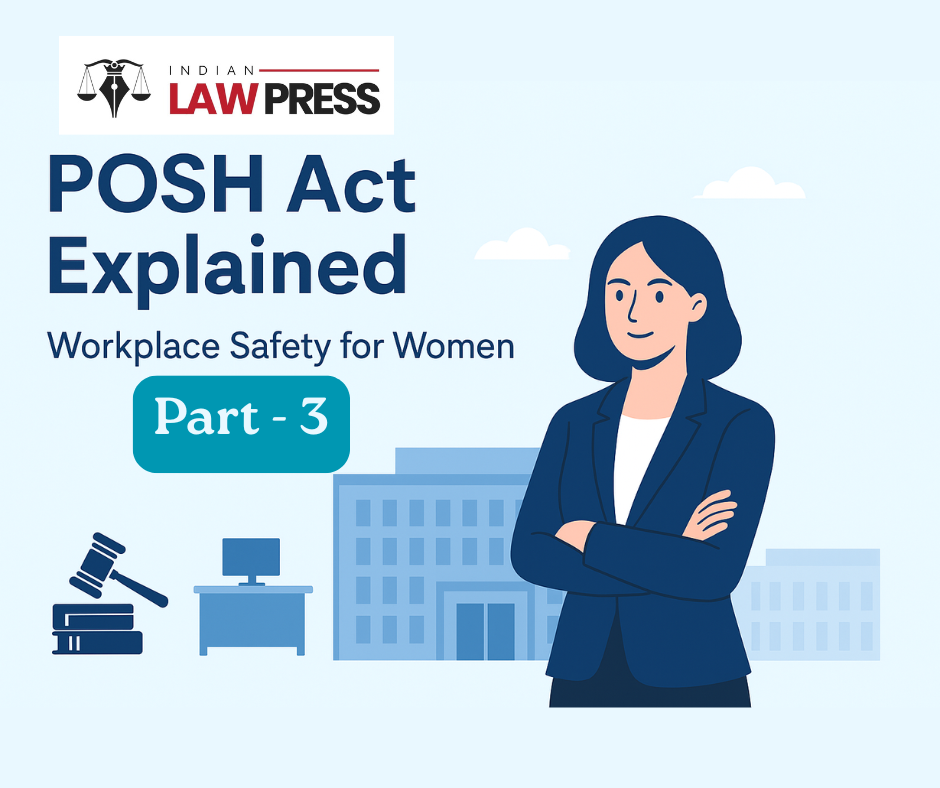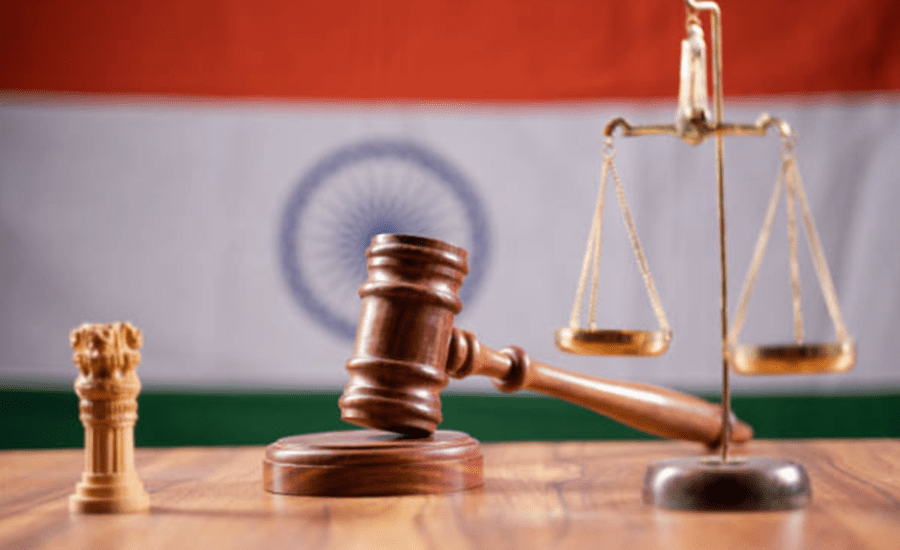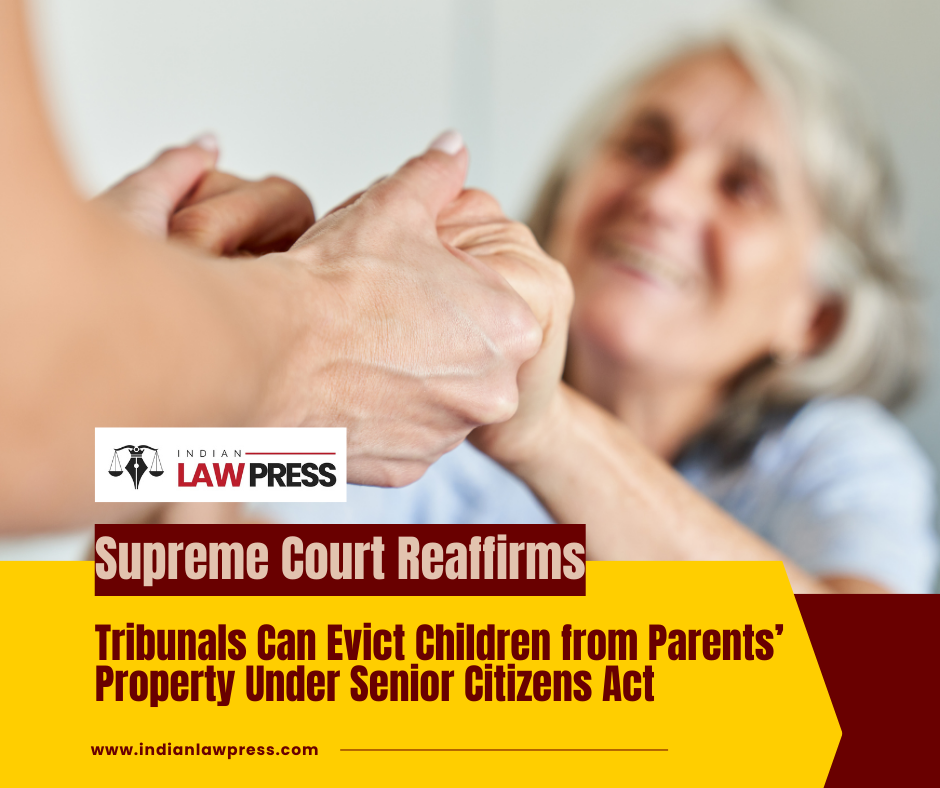The Supreme Court has ruled that political parties are not workplaces under the POSH Act, 2013. Learn about the case, the court’s reasoning, and its implications for women in politics.
Introduction
In a landmark judgment, the Supreme Court of India recently ruled that political parties cannot be treated as workplaces under the POSH Act. This ruling clarifies the law but also opens up a debate about women’s safety in political spaces.
The Petition
Petitioner Yogamaya MG sought to bring registered political parties under the POSH Act, arguing that:
- The Act uses broad definitions to include all entities — public or private.
- Thousands of women work or volunteer in political parties and deserve legal protection.
Supreme Court’s Reasoning
The bench led by CJI Bhushan R. Gavai held that:
- Political Parties ≠ Workplaces
Membership in a political party is voluntary, not employment. - No Employer-Employee Relationship
There is no contract of service or remuneration. - Risk of Misuse
Extending POSH to political parties could open doors for frivolous complaints. - Example for Students:Being a campaign volunteer for a political rally is different from being a paid employee at a corporate office. The former is not covered under POSH, the latter is.
Key Takeaways
- This judgment is a classic case of statutory interpretation.
- It shows how courts apply legislative intent and limit the scope of a law.
Also Read:




